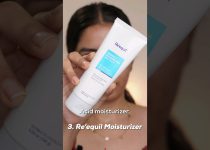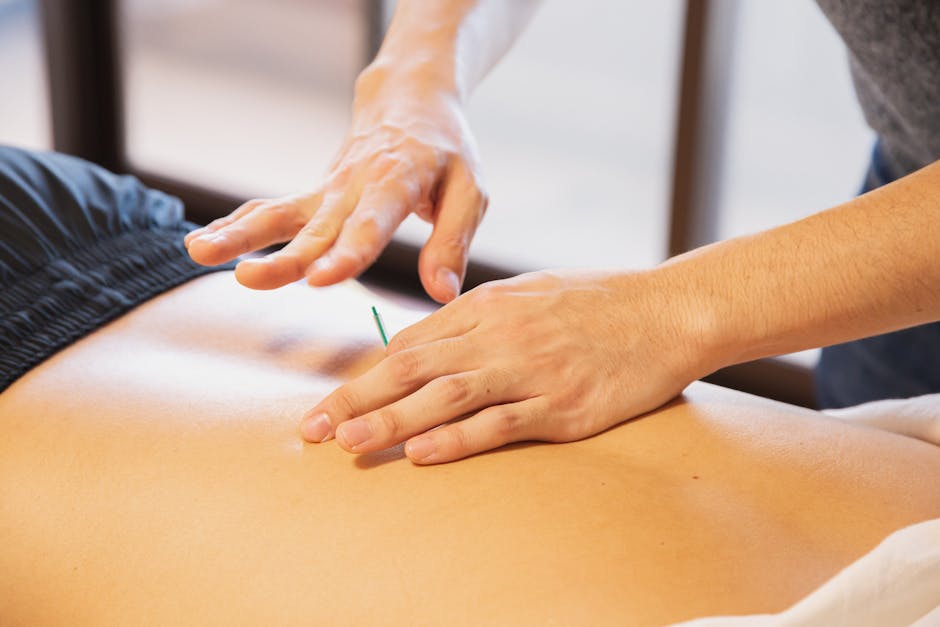How To Choose The Right Acne Treatment For Your Skin
Acne, a common skin condition that affects millions of people worldwide, can be a source of frustration and self-consciousness. With countless treatments available, it can be overwhelming to determine the best approach for your unique skin type and acne severity. This comprehensive guide will provide you with the knowledge and tools to navigate the world of acne treatments and achieve clearer, healthier skin.
Before delving into specific treatments, it's crucial to understand the different types of acne. Acne vulgaris, the most prevalent form, encompasses whiteheads, blackheads, papules, pustules, nodules, and cysts. Each type arises from a combination of factors, including excess oil production, clogged pores, bacteria, and inflammation. Identifying your specific acne type can help narrow down the most effective treatment options.
Over-the-counter (OTC) products are often the first line of defense against mild to moderate acne. These readily available treatments typically contain ingredients like benzoyl peroxide, salicylic acid, or alpha-hydroxy acids (AHAs). Benzoyl peroxide kills bacteria and reduces inflammation, while salicylic acid exfoliates dead skin cells and unclogs pores. AHAs, such as glycolic acid and lactic acid, gently exfoliate and promote skin cell turnover.
For more persistent or severe acne, prescription medications may be necessary. Topical retinoids, derived from vitamin A, are highly effective in treating acne by regulating skin cell turnover, reducing inflammation, and unclogging pores. Oral antibiotics can combat bacterial overgrowth, while oral contraceptives containing estrogen and progestin can help regulate hormones that contribute to acne in women.
In addition to traditional treatments, several emerging therapies have shown promise in addressing acne. Light and laser therapies target acne-causing bacteria and reduce inflammation. Chemical peels, performed by a dermatologist, utilize chemical solutions to exfoliate the skin and improve its appearance. Microneedling involves creating tiny punctures in the skin to stimulate collagen production and improve acne scars.
Lifestyle modifications can also play a significant role in managing acne. Maintaining a consistent skincare routine, cleansing twice daily with a gentle cleanser, and avoiding harsh scrubbing is essential. Eating a balanced diet rich in fruits, vegetables, and whole grains, while limiting processed foods and sugary drinks, can also contribute to clearer skin.
Stress management techniques, such as exercise, yoga, or meditation, can help regulate hormone levels and reduce stress-induced breakouts. Adequate sleep is crucial for skin cell regeneration and overall skin health. If you experience persistent or severe acne, it's essential to consult a dermatologist for a personalized treatment plan.
Remember, finding the right acne treatment is a journey that requires patience and persistence. By understanding your skin type, acne severity, and the available treatment options, you can take control of your skin health and achieve the clear complexion you desire.


